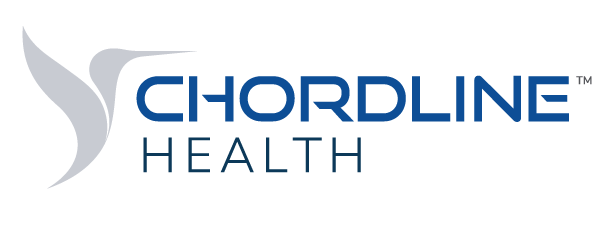COVID-19 and Health Disparities
Deborah Keller
CEO Chordline Health
I was privileged to attend the “Mostly Medicaid 2020 Summer Virtual Conference” which was led by Clay Farris, Practice Lead of Mostly Medicaid. The conference was held over four days and included a variety of speakers from various health plans, state officials in the Medicaid space, and other experts. The focus of the conference was how health plans, vendors and Medicaid were responding to the COVID-19 pandemic.
The focus was primarily on the COVID-19 pandemic and what was being done to support their members, but they also spoke a lot about health disparities and how they were working to identify and assist their members in overcoming barriers to medication access, affordable housing, and even day care.
There was a lot of discussion around telemedicine and its newly found place in the healthcare world. Although telemedicine has been around for several years, it hasn’t really taken its place in the healthcare arena until recently. Some of the health plans said they have no limits on how telemedicine is used and are reimbursing their providers at office visit rates. There was also a lot of talk around mail order pharmacies and how some health plans were now allowing 90-day prescription refills rather than the normal 30-day refill. And, of course there was a lot of talk around COVID-19 testing and admissions to hospital and skilled nursing, and how many health plans had responded to the crisis by authorizing no pre-certifications for such services.
There was a tremendous focus also on our more vulnerable citizens and many plans were placing check-in calls to these members to see how they were fairing with the effects of social isolation and to check on food supplies in the home. Also, some health plans discussed how they are now deeming behavioral health services to not require a pre-certification.
Shortly after attending this seminar, I also listened to a podcast put out by NCQA (the National Committee for Quality Assurance) entitled Inside Health Care #40, Standing with the Black Community. It featured Peggy O’Kane, NCQA President, and discussed the murders, racism, and the role of race in health disparities. Here is a quote from Ms. O’Kane: “These terrible losses in succession, followed by violence against peaceful protestors, are unfortunately part of a larger picture of law enforcement aggression and racial profiling of Black Americans dating back generations. Advances in technology, such as cell phones, have brought awareness of these practices to the public eye, and we witness the unfolding events in horror and shame. We say to our Black fellow Americans, ”We stand with you. We demand change with you.” In the podcast she touches on NCQA’s planned steps to improve ourselves and our communities, inside and outside of health care.
It was the combination of my attendance at these two events that prompted the development of Chordline Health’ newest assessment, “COVID-19 and Health Disparities”, and the care plan that accompanies it. It focuses on COVID-19, measures you can do to protect yourself from it, and the financial impacts on members of the pandemic. Like our current “Health Risk Assessment”, it also concentrates on social determinants of health, such as housing, food insecurity, and social isolation; and it also has questions surrounding a member’s race and health disparities. This will help capture the data that is needed to assess the effects of COVID-19 and health disparities on your membership and empower your case managers to help and better educate your members.
